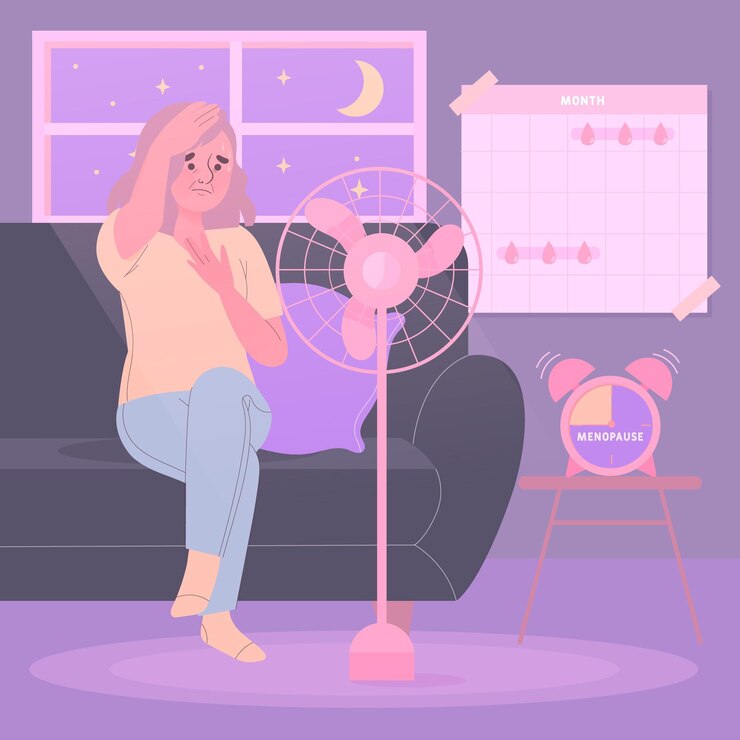
Understanding Stroke in Women: Risks and Challenges
While strokes can affect anyone, women face unique risk factors and challenges when it comes to this serious health issue. It’s essential for women to be aware of these factors so they can take proactive steps to reduce their risk and protect their health. Let’s explore some key aspects of stroke in women in simple terms.
1. Hormonal Factors:
Women experience fluctuations in hormones throughout their lives, which can affect their stroke risk. Hormonal changes during pregnancy, childbirth, and menopause may increase the risk of stroke. Additionally, certain forms of birth control, especially those containing estrogen, can also elevate the risk.
2. Pregnancy-Related Risks:
Pregnancy is a unique time when women may be more vulnerable to stroke. Conditions such as preeclampsia and gestational diabetes can raise the risk of stroke during pregnancy and the postpartum period. It’s essential for pregnant women to receive regular prenatal care to monitor and manage these conditions.
3. Migraines and Stroke:
Women are more likely than men to experience migraines, and studies have shown a link between migraines with aura (visual disturbances) and an increased risk of stroke. It’s crucial for women with migraines to work closely with their healthcare providers to manage their condition and minimize stroke risk factors.
4. Atrial Fibrillation (AFib):
Atrial fibrillation, an irregular heart rhythm, is a significant risk factor for stroke, and women with AFib may have a higher stroke risk than men with the condition. It’s essential for women to be aware of the symptoms of AFib and seek medical attention if they experience palpitations, dizziness, or chest pain.
5. Lifespan and Longevity:
Women tend to live longer than men, which means they may have a longer lifespan during which they’re at risk for stroke. It’s crucial for women to prioritize their health throughout their lives by adopting healthy lifestyle habits, managing chronic conditions, and staying vigilant about stroke risk factors.
Conclusion:
Stroke is a serious health concern for women, but by understanding the unique risk factors and challenges they face, women can take proactive steps to protect their health. By prioritizing healthy habits, seeking regular medical care, and being aware of stroke symptoms, women can reduce their risk of stroke and live healthier, longer lives.
To seek medical advice, always consult a Doctor. Here are our recommended experts. Click here
To read more on Stroke. Click Here


